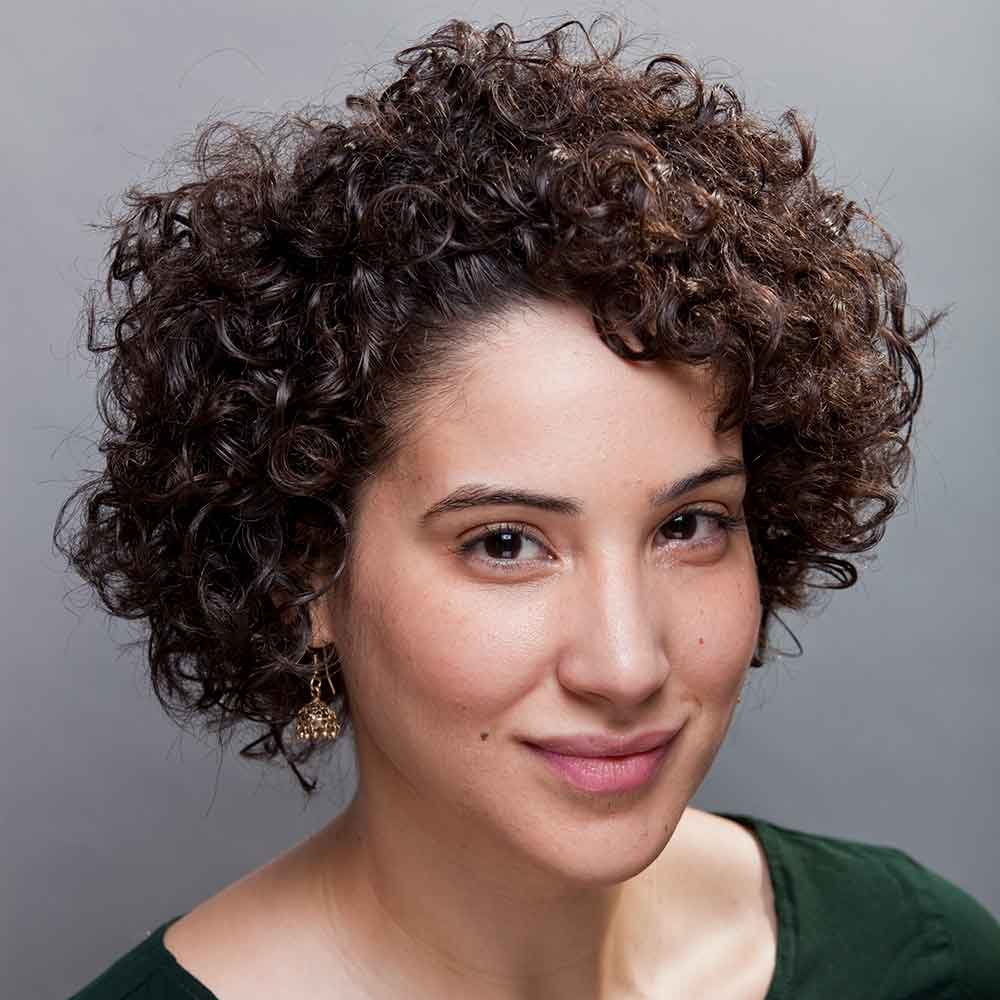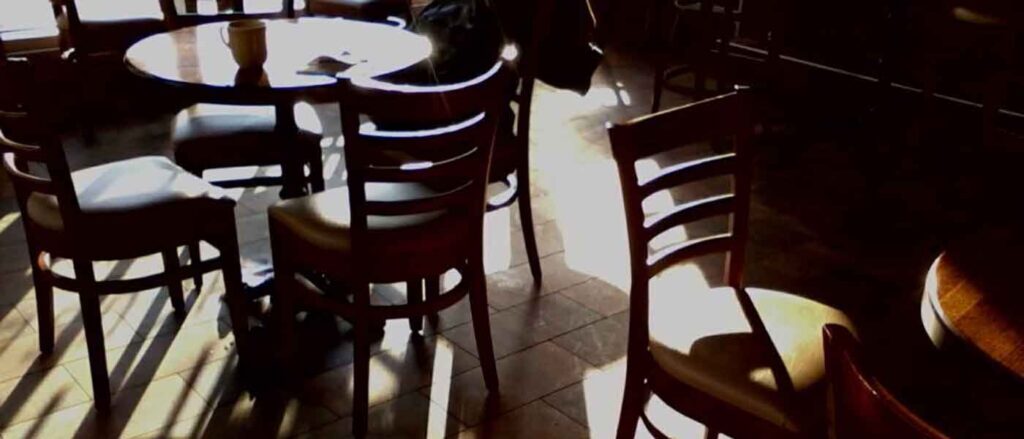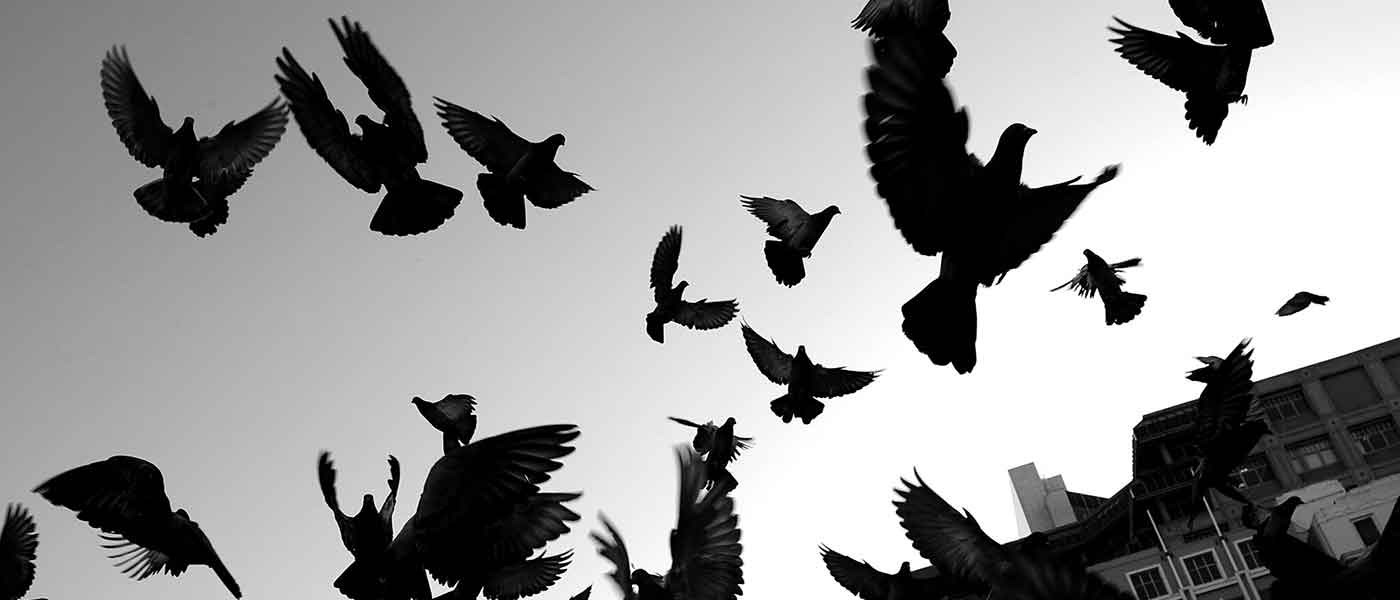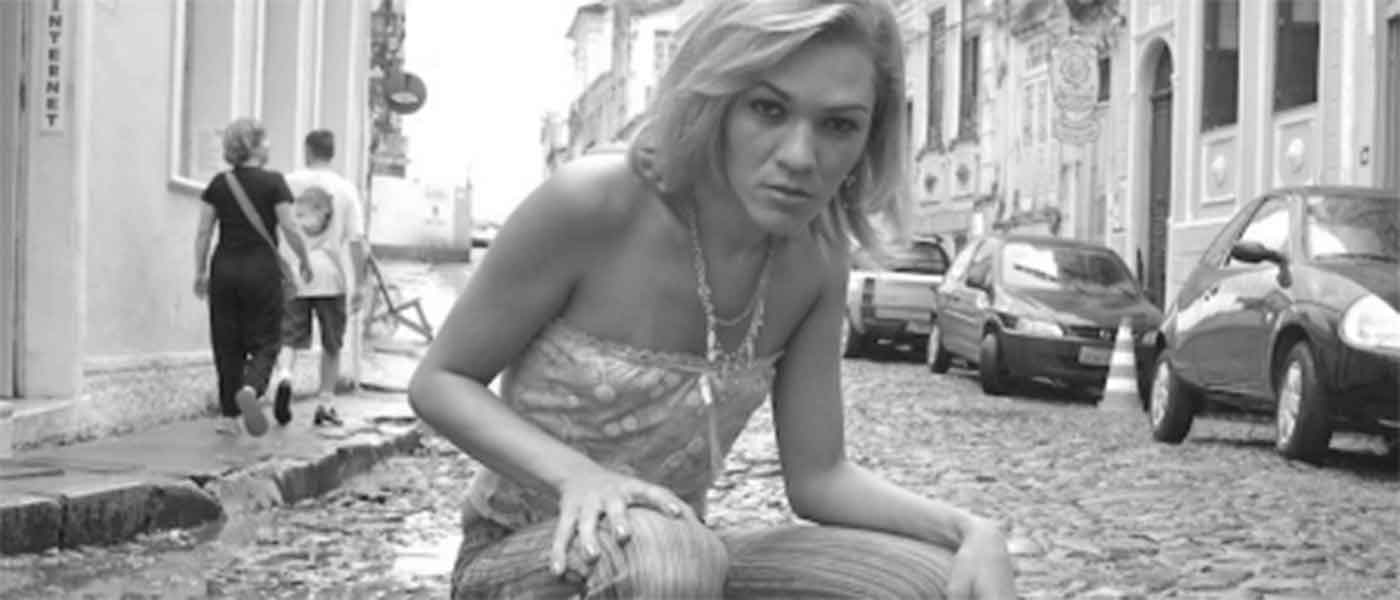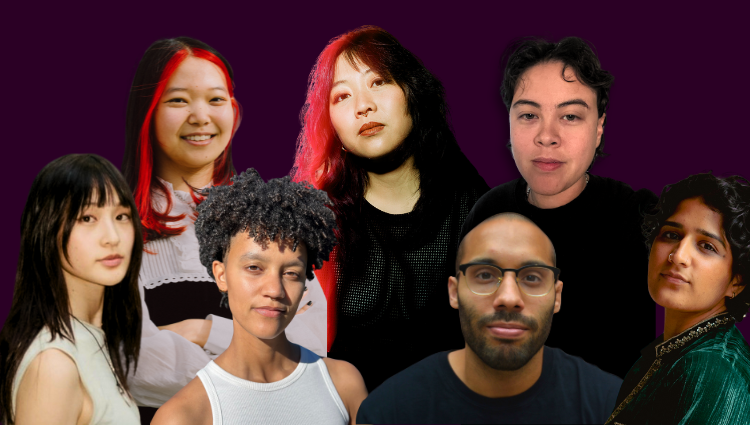I picked the boy out because his picture looked friendly and his profile said that he only had two weeks left in the States. We’d meet for coffee and I could tell my friends that I’d been brave and met a man from the Internet, and then he would leave the country and I would never have to meet a man from the Internet again. That was the plan.
Only, we fell in love.
Falling in love with a charming Englishman is shockingly easy, but staying together is nothing short of a test of will and resolve. First, Dave extended his trip to New York by two weeks before returning to England. This is when I tried to give him an out, explaining to him that long-distance relationships rarely last, especially when the distance in question is an ocean. I let him know that I had no expectation that we’d keep in touch. He listened patiently, nodded, and proceeded to call me every day that he was away.
Luckily for us, over the next three years, his work brought him back to New York regularly. And when he wasn’t in town for some conference or important meeting, we found ways to meet up in other cities around the world, places where each of us could enter easily with our respective passports. One frigid January, we found ourselves on the Canadian side of Niagara Falls. Half the Falls were frozen, and it looked like a cloud was suspended over the water. I didn’t know waterfalls could do that.
So much of our courtship — an old-fashioned word — took place in neutral, international spaces that it often felt like the world was ours. Meeting up abroad taught us to trust one another and to solve problems when, for example, we missed a train in Valencia or needed to get to a hospital in Thailand. Away is where we learned to be together.
Three years after our casual, non-committal afternoon coffee date, we were married at the City Clerk’s Office in Manhattan. Our friends and family flew in from the UK, Colorado, and Puerto Rico, where I am from, to share in the day. A photographer captured our vows and the snow that stood in for wedding confetti. On our way to the subway after the ceremony, my friend pressed a keepsake into my palm, a kitschy refrigerator magnet that read: “I got married in New York City.” It was perfect. For all our world vagabonding, we were back at the place where it all began.
But the question of where we go next has been far more fraught.
Our courthouse date marked the beginning of our new life together. That is, as soon as the United States grants my husband a visa to stay here. Legally, I do not belong in his country, and he does not belong in mine, and yet we belong together. It’s wild to think about, but our ability to live in the same place requires state approval.
Choosing New York City, rather than London, as our home base was easy. Both of our careers are here, and I leased my apartment when the going was good, so our rent is reasonable. When we chose New York City, we decided there would still be time for living in London in a few years, to start a family overseas. But then, on June 23, 2016, the UK decided to leave the European Union in a referendum that laid bare the painful class and race divisions that still exist there, and now we are no longer so sure about England.
Shortly after Dave and I got married in March 2016, my new sisters had asked us where he and I would live. At the time, I had joked that we would definitely move to the UK if Donald Trump won in November. At the time, both the probability of Trump becoming the Republican nominee for president and of the Leave voters winning the EU referendum seemed ludicrous. Everyone had laughed.
Among our group of friends, when talk turns to issues of racism or poverty, it’s usually centered on the United States, where the conflicts are loud and play out across media. Somehow, the brewing economic strife and racial resentments in the UK escaped our notice. One of the most jarring parts of the Brexit vote was that no one expected it to win, maybe not even the campaigners themselves. Novelist Zadie Smith described the incredulity of Remainers going into the referendum in a piece for the New York Review of Books, “…not one of us, not for a moment, believed it could possibly happen. It was so obviously wrong, and we were so obviously right — how could it?”
So naturally, the Brexit decision came as a shock amongst our friends and family. Great Britain’s Donald Trump faction — that is, inward-looking, angry, xenophobic — had won. The reaction unfolded on a global scale over Facebook the next morning, with friends and family posting their disappointment and rage, really, that the top Google search following the vote had been “What is the EU?” Interviews with people expressly describing the vote as a push against immigration made the rounds. I emailed a good friend in London who wrote after some back and forth: “I despair.”
Somehow, the possibility of Scotland leaving the UK, of The City of London losing its banking pre-eminence, of decreased funding for research at universities, only became clear after the Brexit decision had already been made. And more than that, Great Britain’s rejection of the EU revealed how much our own lives, the personal decisions that we had made, were also constructs of this political reality. Dave and I benefited from the UK’s openness. In fact, we would not have met if he had not worked for a multi-national corporation with offices in both New York and London. Love may have been what kept him here, but it was financial opportunity that brought him. In an alternate reality where the British market wasn’t as attractive to a large corporation, I would not have met the love of my life.
A viral comment posted by journalist Nicholas Barrett to the Financial Times following Brexit explicitly detailed the Leave vote’s impact on relationships: “We will never know the full extent of the lost opportunities, friendships, marriages and experiences we will be denied,” he wrote. His words speak of a political decision resulting in a personal loss. Our individual choices create the relationships that form our world, but we forget that even these are contained within a larger system.
Perhaps the most disorienting element of Brexit has been the realization that maybe we are not who we think we are, and that our community — international, multi-racial, polyglot, urban, and young — is a threat to people for whom the established social order is imperfect but at least makes sense. In creating our own community of friends and colleagues, our own world, we neglected theirs. Of all the things Brexit is said to be about — immigration, economic opportunity, or prejudice — it’s a rebuke to the society we’ve created that has opened borders for some but completely shut out others, such as the poor and the elderly. In the same way that Donald Trump’s rise has signaled a complete breakdown of Republican party politics, we should pay attention to what the Brexit vote and the rise of populism have to say about liberalism. The answer to these societal issues can’t simply be: “Just be more like us!”
After all, the world felt like it was ours during our courtship because both Dave and I had the means and the time to travel within it to meet up for dates. The borders opened up for us as a matter of course. We had not been left behind by the economic order. In this reality, it is we who are the global elite. Some of my distress at this turn of events, and the rise of Trump in the States, is due to my own discomfort at being cast in this new role. I didn’t see that coming, either.
I’ve never considered myself an elite. I was raised by a single mom, I’m not at all rich, and I have years of student loan payments left. I went to a state school and live in a fringe, non-trendy neighborhood in the city. I got to New York on a full-time internship that paid $150 a week; I survived by working at Starbucks and living off tips. And yet, my economic and professional mobility, in addition to my cultural connections, identify me as a member of a privileged group of people for whom opportunities exist. Without ever feeling it, I became part of a class that a significant part of society, not just in the United States but in the UK, has chosen to reject. I am on the other side and it is stunning.
If we’re truly to create a more connected world — and that aim is certainly up for debate given the Brexit results — then it’s imperative that we listen to all perspectives. I cannot separate the makeup of the community I engage with from the political and cultural context in which I live. I am a U.S. Latina living in New York City with an English husband, and both of us have relatives spread out around the world. Given this reality, embracing other cultural viewpoints and working to maintain a political and social openness is not only a symbolic act of unity but also one of preservation. It is urgent and deeply personal.
There was one other intoxicating aspect of our courtship and all those miles we logged over the years: Anonymity. Walking through unknown streets, sometimes in countries where we didn’t speak the language, absolved us of political engagement in the places where we journeyed. That is the traveler’s privilege, to just pass through. But in marrying one another, Dave and I committed to no longer being visitors in each other’s homes. We know where we stand in terms of the kind of world that we want to live in, even if we’re not sure where exactly we will live. May we not become strangers.
